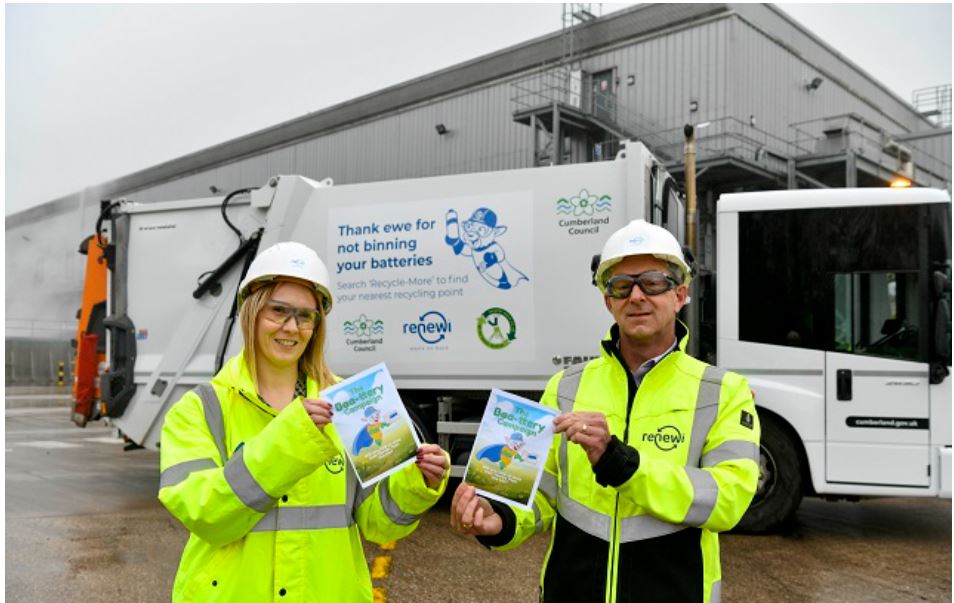The UK is on track to meet its 2013 waste battery collection target, but data published by the Environment Agency yesterday (September 4) shows that the sector is in danger of falling short of future targets unless collections increase significantly.
Collection data published for 2013 Q2 shows that the UK has achieved a collection rate of around 35% for the year to date, so far exceeding its mandatory target to collect waste portable batteries proportionate to 30% of those placed onto the market over the three preceding years.
However, a large proportion of this has been met through the collection of lead acid batteries some of which are likely to have been placed onto the market classified as being for automotive or industrial uses, neither of which carry a requirement to be collected for recycling.
As a result, more portable lead acid batteries are collected than are placed onto the market, while collections of other chemistries of battery have remained at broadly similar levels to what was achieved in 2010.
The Q2 data shows that out of the 6,686 tonnes of portable waste batteries collected during the first six months of 2013, a total of 5,854 tonnes equivalent to 87% were lead acid batteries, despite this category making up only around 7% of the portable batteries placed onto the market during that time.
Meanwhile, a total of only 831 tonnes of Ni-Cd and Other chemistries of waste portable battery – which make up the vast proportion of those placed onto the market were collected during the first half of the year, around 300 tonnes lower than was collected during the same period in 2012 (see letsrecycle.com story).
Concern
As a result, industry sources claim that there is concern that the UK will be unprepared to meet future battery recycling targets which rise to 35% in 2014, before eventually reaching 45% in 2016.
Battery recyclers have long argued that as they are often unaware of the original use of some lead acid batteries, it is impossible to determine if they fall into the industrial or portable classification.
Last month the government proposed to change its definition of portable batteries which would mean that less lead acid batteries will be available to contribute towards future targets (see letsrecycle.com story).
Related Links
The new definition is set to come into effect from January 2014 and, under current proposals would see batteries classed as portable if they fall under a suggested 3kg threshold- unlike the existing definition in which they are required to be hand-carriable to qualify.









Subscribe for free